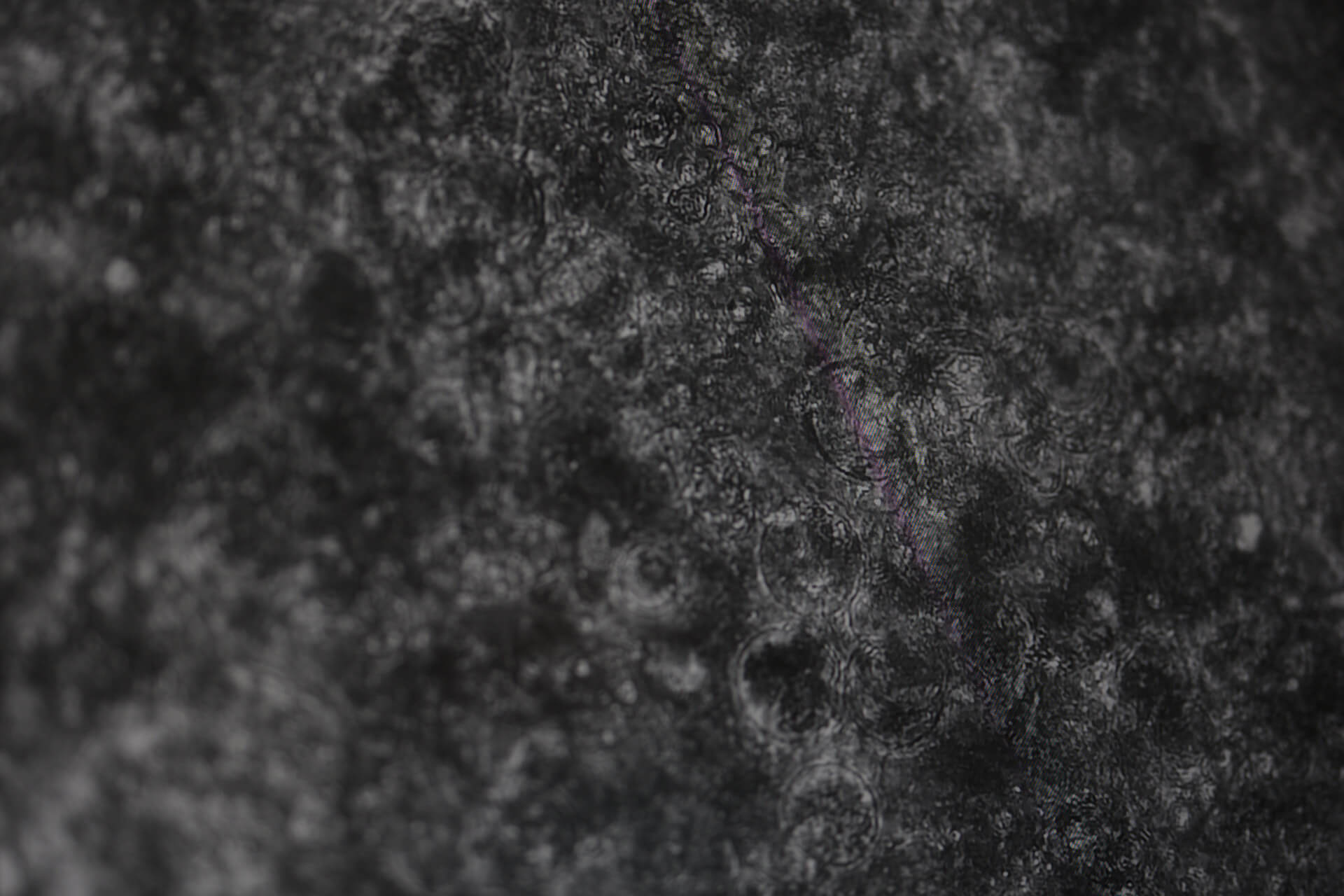Transfer of innovation and knowledge: 3D Cell Culture Conference 2023
From 17th to 19th April, our CEO Martin Raasch and our scientists Anne-Katrin Bothe and Tim Kaden attended the 3D Cell Culture Conference in Freiburg. As in 2021, the conference was a great opportunity for Dynamic42 to exchange ideas with colleagues about 3D cell cultures and interesting model applications – this year, finally in presence again.
Almost 200 participants from 14 countries presented the latest trends, innovations and advances in the fields of developmental biology, organoids, microphysical models and personalised medicine. We not only received interesting impressions from our international colleagues, discussed new findings in research projects, but also presented our own research results.

DECHEMA: Gesellschaft für Chemische Technik und Biotechnologie e.V.
It was particularly noticeable that many companies or scientists have not yet tapped into our “organ-on-chip” field of activity. Thus, we were still downright exotic at the conference. However, the density of research groups and exhibitors with highly innovative equipment and new cell culture material also shows that there is a high interest in new approaches. We strongly believe that many from academia and industry will switch from 2D to 3D culture due to higher complexity and physiology. . In general, there was a high relevance of new possibilities for tumour therapies and personalised medicine. We are also making a significant contribution to this field of research with the development of a pancreatic cancer model (PDAC). With the organ-on-chip technology, we expect great progress in this field in the future.

Tim Kaden at 3D Cell Culture Conference
Contributions from Dynamic42 GmbH
On the second day of the conference, our scientist Tim Kaden presented his results on “Emulation of DSS-induced inflammatory bowel disease in a microphysiological intestine-on-chip to study the protective role of secondary bile acids” on the podium. Afterwards, our project partner from Heinrich-Heine-Universität Düsseldorf, Prof. Dr. Nicole Teusch, presented results from our joint research project “Patient-derived spheroid-on-a-chip model to identify novel personalized therapeutic approaches for pancreatic cancer”.
While Nicole and Tim presented on stage, our scientist Anne-Kathrin Bothe held a poster presentation on “Predicting immune-related antibody-induced toxicities with microphysiological organ-on-chip models”. At this point, we had even more opportunities for exchange, for new impressions and for expanding our network.
The 3DCC was again an enriching event with extensive scientific exchange. The highlight of the conference was an incredible gala dinner with an impressive view over the city and a multitude of impulses that we could take back to Jena. We also see ourselves clearly confirmed in the fact that there is enormous potential in organ-on-chip technology to model and investigate human-relevant diseases and to unravel potential therapeutic interventions strategies. We thank the organisers and all participants and we are looking forward to see you all in Freiburg again!
More interesting articles:
Blog
Organ-on-chip applications by organ type – what has been done?
This blog lists examples of organ-on-chip models by organ type that have been used in the past, providing the respective literature for your reference.
Read MoreBlog
Exploring infectious disease dynamics through organ-on-chip technology
This blog explores established infection models using our organ-on-chip technology and their implications for scientific research.
Read MoreBlog
Immunocompetent Organ Models – the Future of Biomedical Research
One crucial factor that plays a pivotal role in the success of organ-on-cip models is immunocompetence. In this blog post, we delve into the significance of immunocompetence in organ-on-chip models and how it opens new avenues for advancing medical research.
Read More

